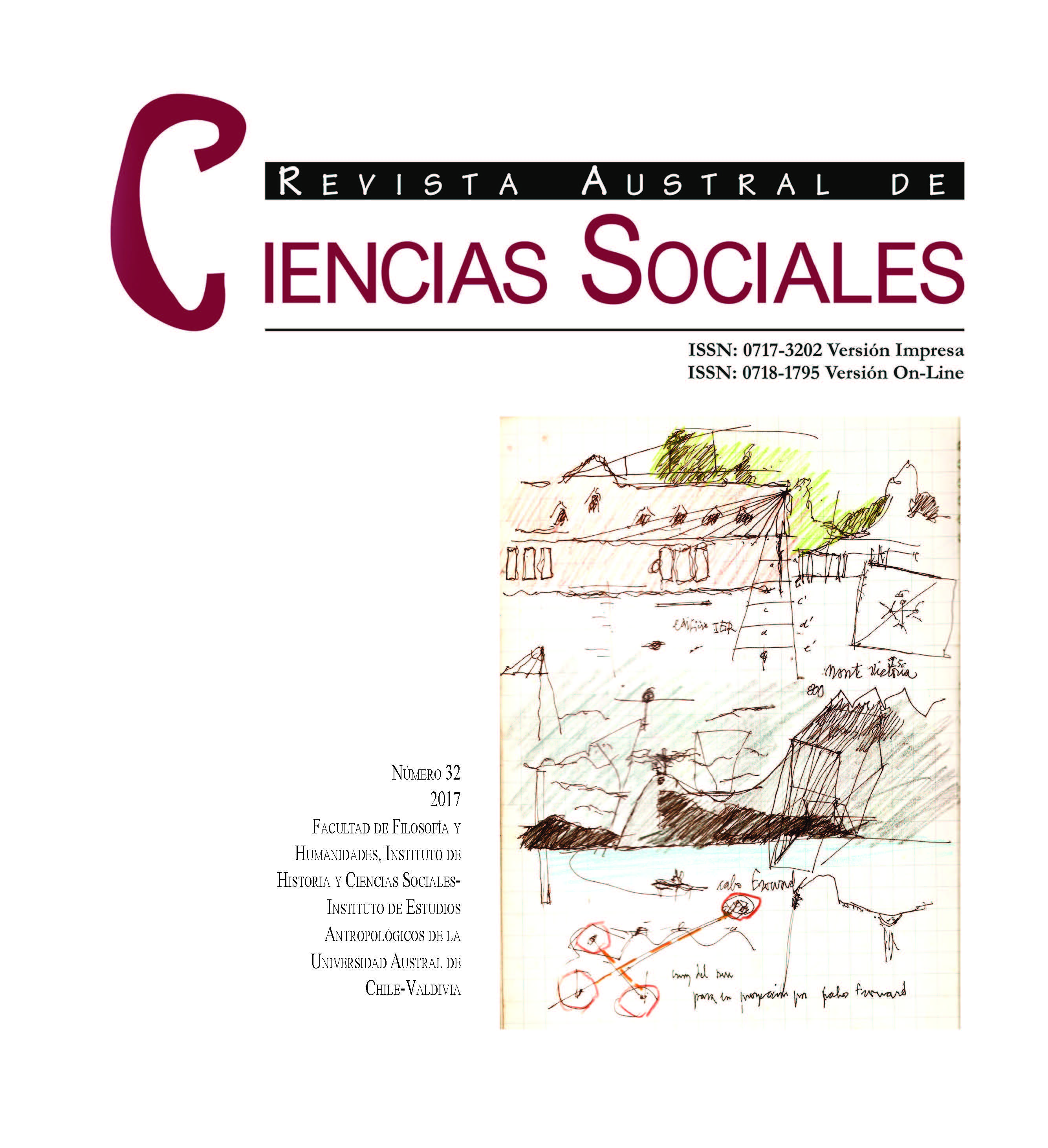The Chilean State, the lafkenche people and the Law 20.249: Indigenism or politics of recognition?
Main Article Content
Abstract
The Mapuche-Lafkenche people started a social movement after promulgated, in 1991, the General Law of Fishing and Fish farming (Law 18.892), since this regulation did not indicating the presence of the indigenous peoples in the coasts of Chile. The lack of recognition produced a shift of the indigenous demands from the interior lands to the sea. This led to the construction of a brief ongoing story (1995-2016), which includes both encounters and misunderstandings between the respective governments of Chile and the Mapuche-Lafkenche people. After more than one decade of negotiations, the Lafkenche Law (Law 20.249, 2008) was created. It creates the coastal marine space of the original peoples (EMCPO) and recognizes the indigenous peoples’ condition of inhabitants of the coast, as well as the traditional uses they give to this area (fishing, religious, recreational). Nevertheless, the events that could generate hope in the years 2012 and 2013 that this process of dialog would lead to the beginning of a renewed agreement between Chileans and Mapuche, have already transformed in a feeling of frustration, remembering us the old indigenists politicies.

